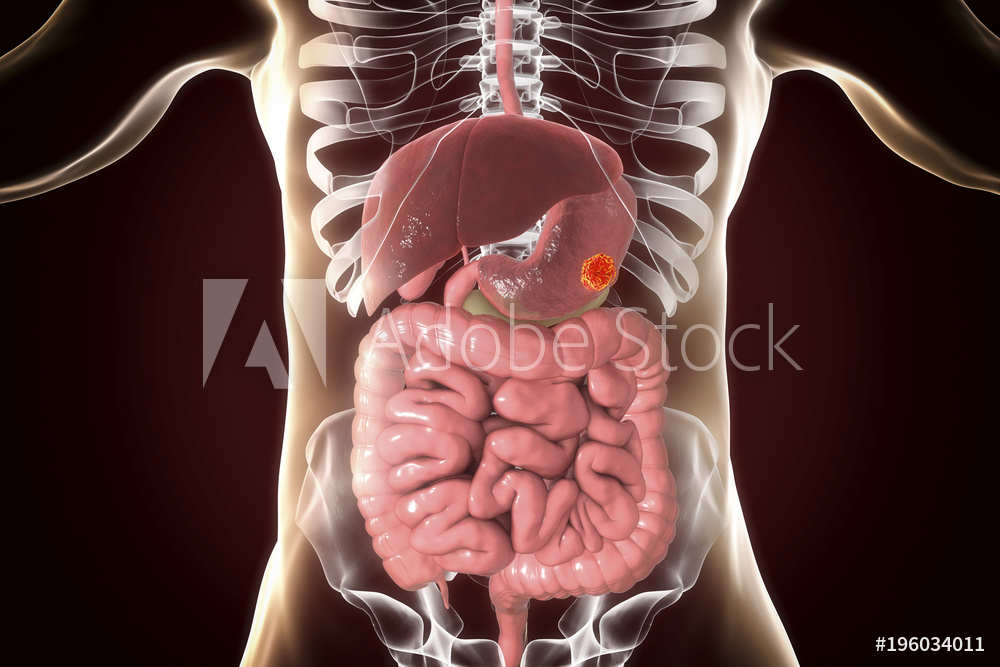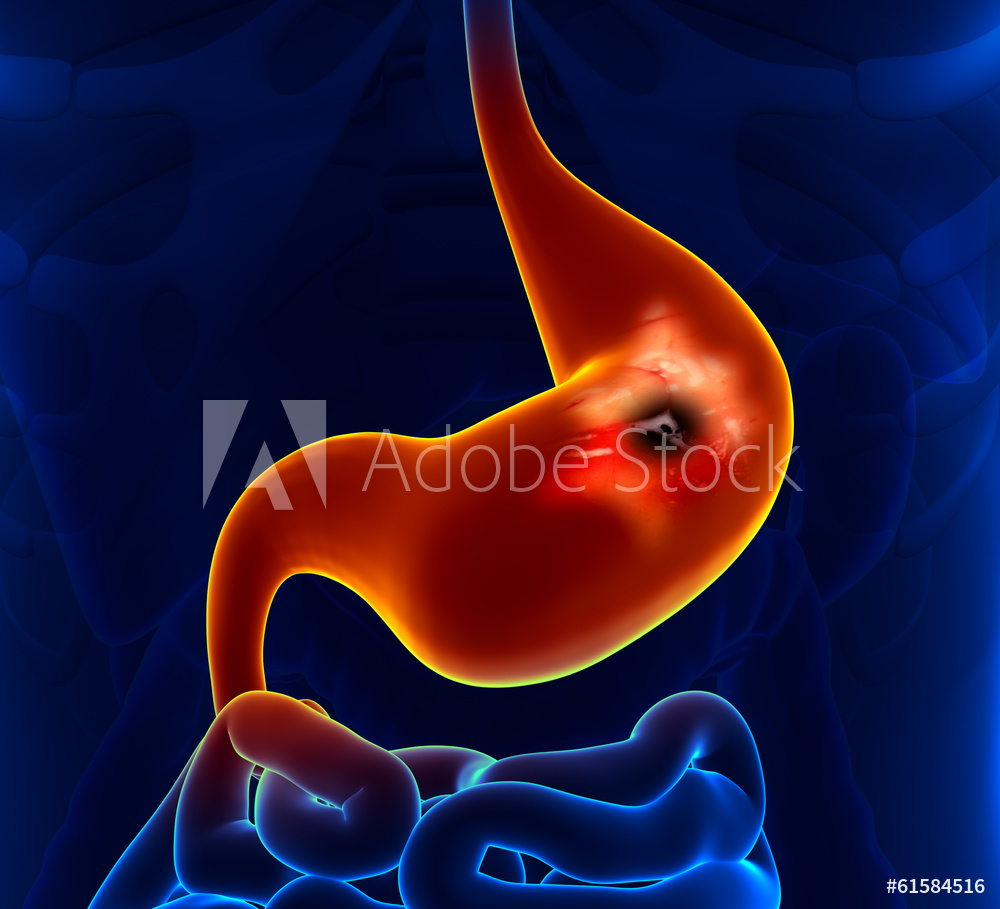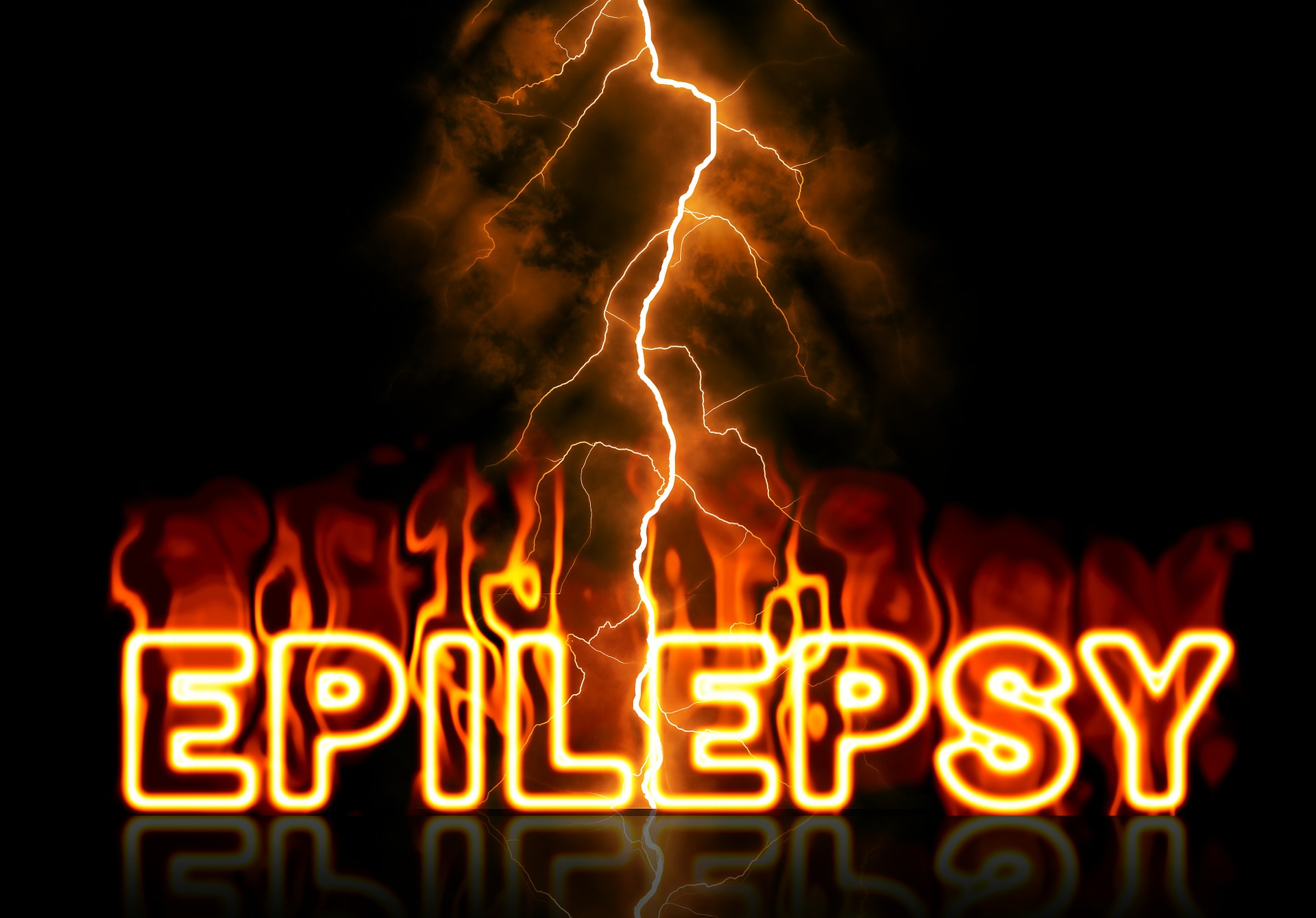The 28th Chapter of Madhava Nidana is Gulma nidana which deals with Abdominal Tumors. An abdominal mass is an abnormal growth in the abdomen. An abdominal mass causes visible swelling and may change the shape of the abdomen. A person with an abdominal mass may notice weight gain and symptoms such as abdominal discomfort, pain, and bloating.
Hello!!
I’m Dr. Malini Bhat MD (Ayu); an Ayurvedic Doctor and a health blogger. Follow me on social media to get daily health tips which you can easily adapt to a healthy lifestyle.





